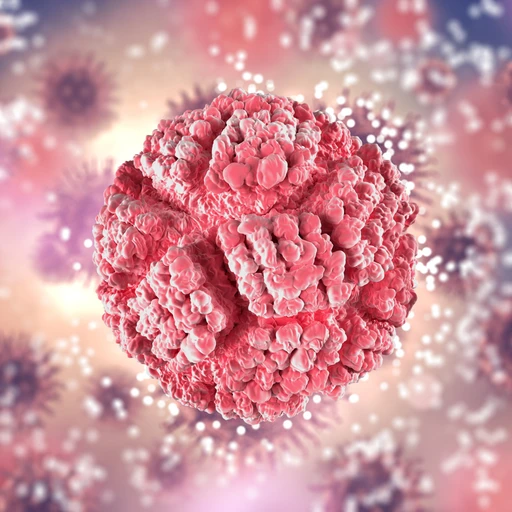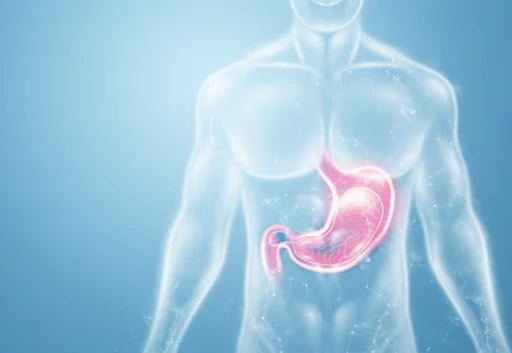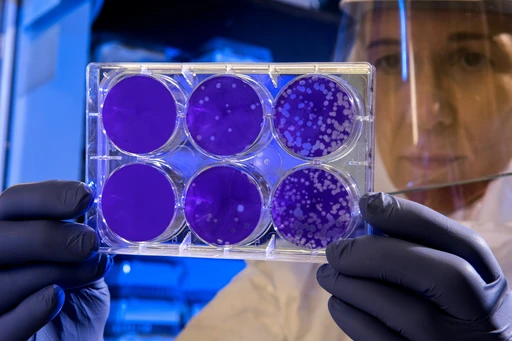



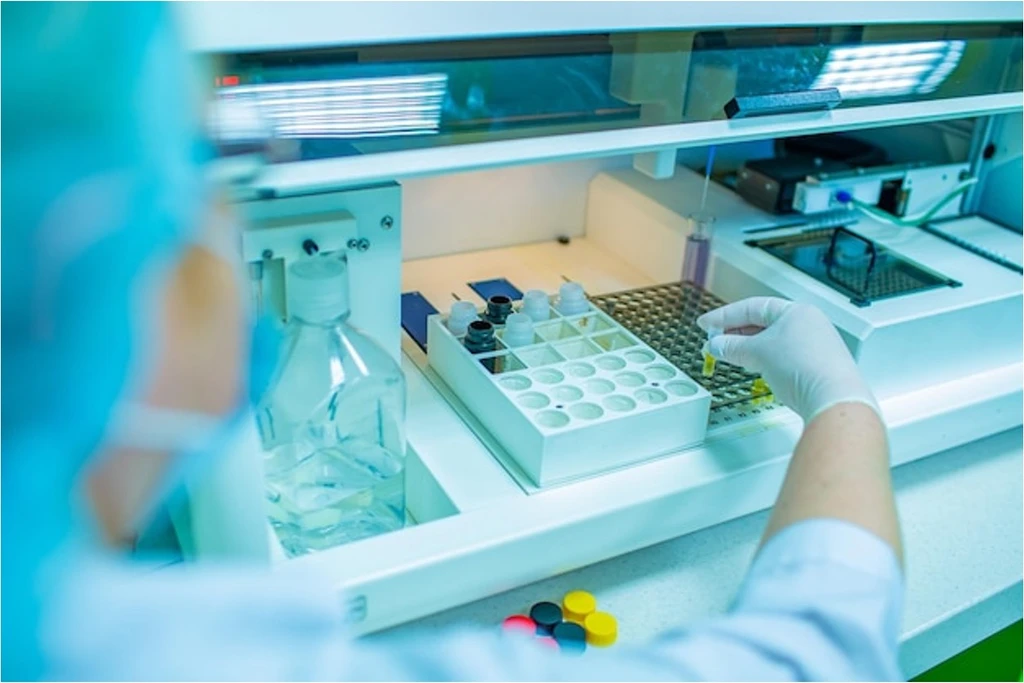
Kinase screening: Motility shift assay (EZ reader), Ulight, HTRF, IMAP, FP, ADP-Glo; LC/MS/MS, cellular phospho-substrate detection, NanoBRET
Other enzyme screening: IMAP, FP, FI (Fluorescence intensity), Colorimetric, LC-MS/MS
Coupling assay, cellular target engagement assay
(LC-MS/MS)
cAMP detection by LANCE ultra or HTRF
Calcium flux by FLIPR
IP3 detection
ß-arrestin internalization
Protein phosphorylation
Reporter gene-based readout
Cellular Tag-lite binding
Cellular PPI methods, SPA
Ternary Complex formation by NanoBRET
Biophysics screening: Biacore, BLI, Thermo-shift assay, TR-FRET, AlphaScreen
Protein characterization via SPR, LC-MS, thermo shift assay (TSA)
Screening by SPR-, LC-MS-, and/or TSA
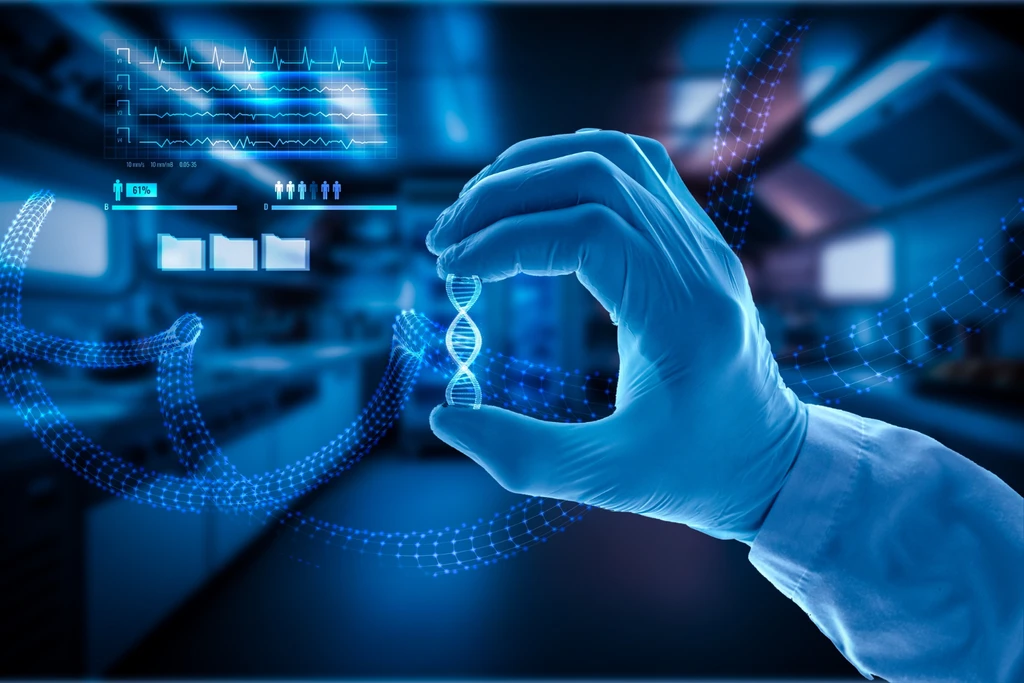
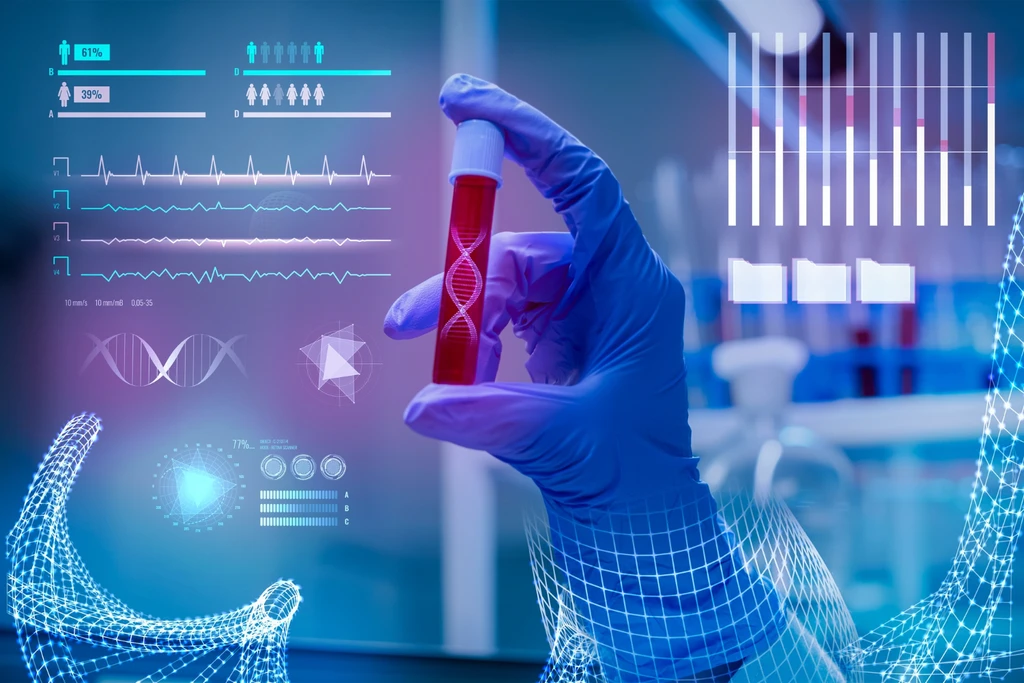
Cancer cell panel screening
Cell proliferation (CellTiter Glo)
Long-term incubation studies
3D culture assay
Apoptosis assay
Cell cycle analysis
Angiogenesis
Migration/invasion assay
Nuclear translocation assay
Target validation (shRNA, RNAi, Crispr-Cas9)
Characterization of cell/animal model (whole exome; RNAseq)
Cytokine/chemokine profiling
T cell activation/proliferation
MLR (i.e., human DC and T cells, mouse DC and T cells, etc.)
B cell activation
NK cell activation
ADCC
Co-culture (i.e., immune cells with tumor cells)
PBMC assays
Human whole blood assays
PD1/PD-L1 binding and cell-based assays
Checkpoint binding and cellular assay
Immune reporter cells or HEK293-derived reporter cells
Engineered cell line for CDX model study
Signal pathway assay (i.e., JAK/STAT pathway, Sting pathway, RIG-I, IL6, TGFβ, etc.)
GSIS (Intact islet/pancreatic beta cell)
Fatty acid synthesis assay
Fatty acid oxidation assay
TCA cycle assay
Glucose uptake
TG, glycogen, ketone body detection
Over 100 kinases
IC50 determination
Kinases: full-length or catalytic domain
Wild type and mutated versions
Multiple readouts (ADP-Glo, Lantha, etc.)
Multiple formats: calcium flux, cAMP, radioligand-based binding
A single dose or dose response for EC50 and IC50 determination
Selected targets relevant to clinical adverse drug reactions (ADR)

